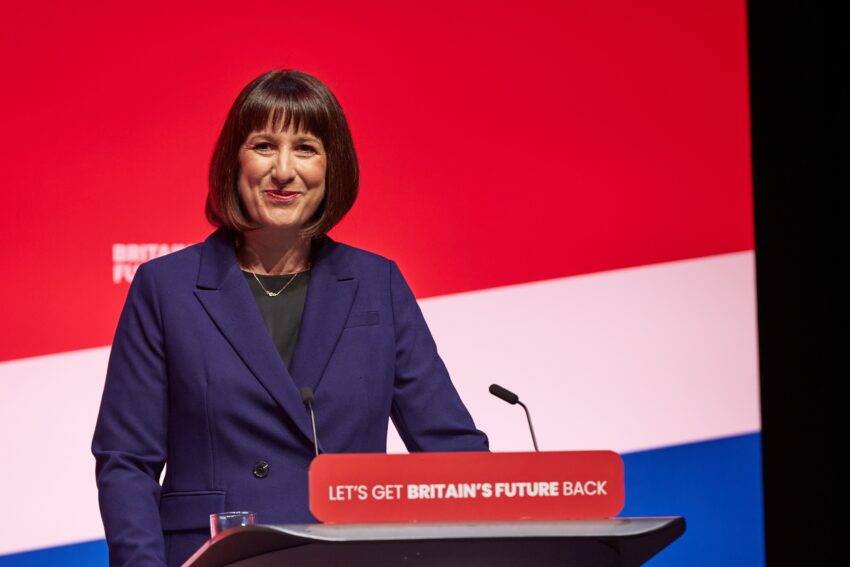Businesses backed by BGF, the UK’s most active private equity investor, have issued a stark warning to Chancellor Rachel Reeves, saying they would scale back investment in the UK if capital gains tax (CGT) is increased in the upcoming budget.
A survey of companies funded by BGF revealed the message, with many of these companies being based outside London and the southeast.
In the survey, 88% of chief executives and company founders said increasing CGT would signal a lack of support for entrepreneurs, with 74% expecting it to directly harm their businesses. More than three-quarters (78%) indicated that a CGT hike would deter them from making further investments, ultimately threatening job creation and economic growth.
BGF CEO Andy Gregory emphasised the growing uncertainty faced by businesses, noting that the potential CGT increase could have serious consequences for small and medium-sized enterprises (SMEs). While the Treasury has not officially targeted CGT for a rise, it remains one of the few major tax avenues still available for potential increases, after Reeves ruled out hikes to income tax, National Insurance, VAT, or Corporation Tax.
Established in 2011 after the financial crisis, BGF has invested £4 billion into more than 600 businesses, including consumer brands such as Brompton and Gousto. In this year alone, it has put £309 million into 33 companies.
Tech start-ups are especially worried about the possible effects of increased CGT rates on employees with share options, typically used to compensate for lower wages. There is widespread apprehension that such an increase could adversely impact employee morale and retention.
The survey also revealed criticism of the government’s “make work pay” agenda, which seeks to enhance worker rights, including day-one unfair dismissal protections and the right to disconnect outside of work hours. More than 71% of respondents said the balance between employee and employer rights has shifted too far, potentially harming smaller businesses.
A spokesperson from the Treasury refused to comment on the survey, saying, “We do not comment on speculation around tax changes outside of fiscal events.”










